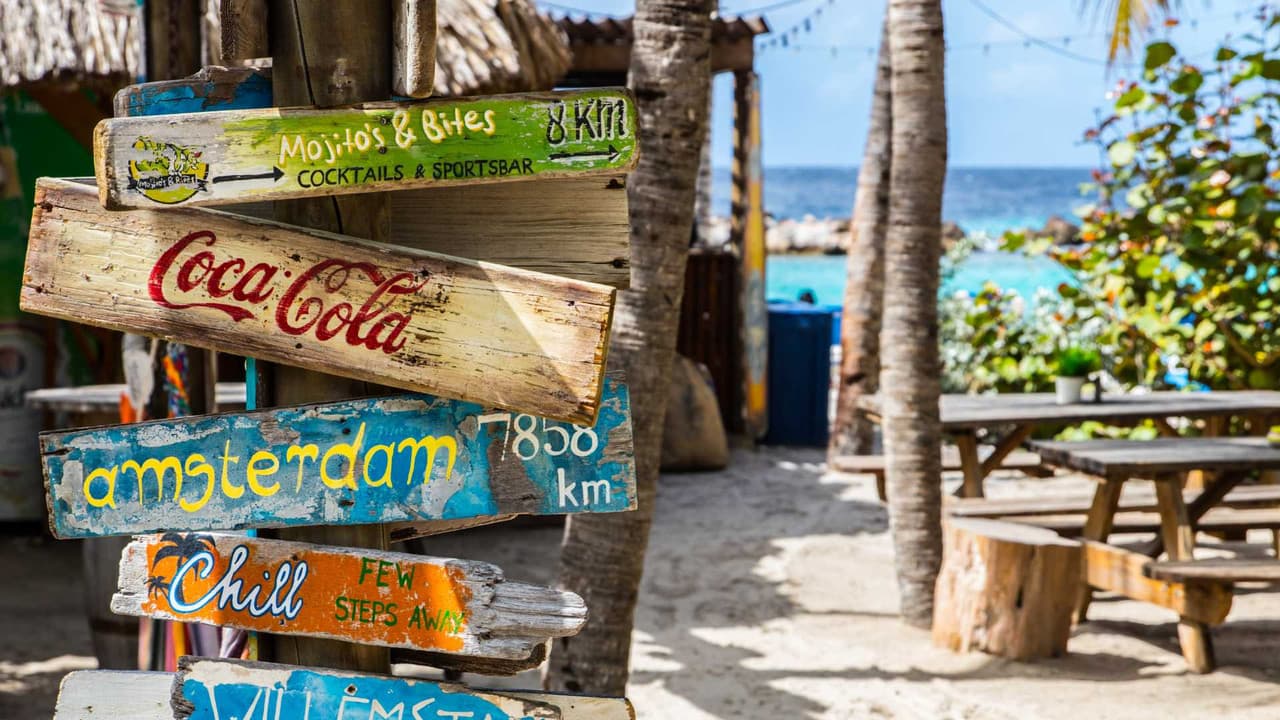Navigating the business landscape in Curaçao requires an understanding of its unique cultural nuances, which are a blend of Dutch, Caribbean, and Latin American influences. This vibrant mix shapes everything from daily workplace interactions to long-term business relationships. For companies expanding into or operating within Curaçao, recognizing and respecting these cultural factors is key to building trust, fostering effective communication, and achieving success in 2026 and beyond.
Understanding the local customs and expectations helps foreign businesses integrate smoothly and build strong connections with employees, partners, and clients. From the pace of business to communication preferences and holiday observances, cultural intelligence is a valuable asset for any international venture in Curaçao.
Communication Styles in the Workplace
Communication in Curaçao's workplace is often characterized by a mix of directness and indirectness, depending on the context and relationship. While Dutch influence can lend itself to directness in some professional settings, Caribbean warmth often encourages a more relationship-focused approach where building rapport precedes getting straight to business.
Multiple languages are commonly spoken, including Papiamento (the local language), Dutch (official language), English, and Spanish. Business communication may occur in any of these languages, so understanding which language is preferred or necessary in different situations is important. Face-to-face communication is highly valued for building personal connections, though email and other digital methods are standard for formal correspondence and information sharing.
| Aspect | Description |
|---|---|
| Directness | Can vary; often direct in formal settings, more indirect when building rapport. |
| Language | Papiamento, Dutch, English, Spanish are common. |
| Preferred Method | Face-to-face for relationship building, email for formal communication. |
| Tone | Generally friendly and warm, even in professional contexts. |
Business Negotiation Practices and Expectations
Business negotiations in Curaçao may proceed at a different pace than in some Western countries. Relationship building is often a crucial precursor to formal discussions. Expect initial meetings to involve getting to know each other before diving deep into specifics. Decisions may take time as consensus or input from various levels might be sought.
Flexibility and patience are valuable traits during negotiations. While contracts are important, personal trust and mutual understanding play a significant role. It's advisable to be well-prepared but also adaptable, allowing for discussions to evolve. Formality is generally observed in initial meetings, but as relationships develop, interactions may become more relaxed.
- Pace: Can be slower than expected; patience is required.
- Relationship Building: Essential before significant business is conducted.
- Decision Making: May involve multiple stakeholders and take time.
- Flexibility: Be prepared to adapt strategies during discussions.
- Formality: Maintain a professional demeanor, especially initially.
Hierarchical Structures and Their Impact on Workplace Dynamics
Workplaces in Curaçao often exhibit a degree of hierarchy, where respect for authority and senior management is important. Decisions typically flow from the top down, and employees generally show deference to their superiors.
While hierarchy exists, there is also a strong sense of community and personal connection within teams. Open communication is valued, but the manner in which feedback or suggestions are given may be influenced by the hierarchical structure. Understanding the chain of command and showing appropriate respect to individuals at different levels is crucial for smooth workplace dynamics.
- Respect for Authority: Seniority and position are generally respected.
- Decision Flow: Decisions often originate from management.
- Interaction: Communication across levels should be respectful of roles.
- Team Cohesion: Despite hierarchy, teamwork and personal connections are important.
Holidays and Observances Affecting Business Operations
Public holidays significantly impact business operations in Curaçao, with many businesses closing or operating on reduced hours. Planning around these dates is essential for scheduling meetings, deliveries, and project timelines in 2026.
| Date | Holiday | Impact on Business |
|---|---|---|
| January 1 | New Year's Day | Most businesses closed. |
| February 16 | Carnival Monday | Many businesses closed or close early (date varies). |
| April 3 | Good Friday | Most businesses closed. |
| April 5 | Easter Sunday | Most businesses closed. |
| April 6 | Easter Monday | Most businesses closed. |
| April 27 | King's Day | Most businesses closed. |
| May 1 | Labour Day | Most businesses closed. |
| May 14 | Ascension Day | Most businesses closed. |
| May 24 | Whit Sunday | Most businesses closed. |
| July 2 | Flag Day | Many businesses closed or close early. |
| October 10 | Curaçao Day | Most businesses closed. |
| December 25 | Christmas Day | Most businesses closed. |
| December 26 | Second Christmas Day | Most businesses closed. |
Note: Dates for Carnival Monday, Easter, Ascension Day, and Whit Sunday/Monday are variable.
Cultural Norms Impacting Business Relationships
Building strong personal relationships is fundamental to long-term business success in Curaçao. Trust is earned through consistent, respectful interaction. Punctuality is generally expected for business appointments, although some flexibility may be encountered.
Socializing outside of formal business hours can be an important part of building rapport. Small gifts may be exchanged on certain occasions, but elaborate or expensive gifts are not typically expected and should be given thoughtfully to avoid misinterpretation. Understanding and respecting local customs, such as greetings and social etiquette, demonstrates cultural sensitivity and strengthens business ties.
- Relationship Building: Prioritize building personal trust and rapport.
- Punctuality: Aim to be on time for meetings.
- Socializing: Be open to social interactions as part of relationship building.
- Gift Giving: Approach thoughtfully, not typically expected but appreciated on occasion.
- Respect: Show respect for local customs and traditions.
Employ top talent in Curaçao through our Employer of Record service
Book a call with our EOR experts to learn more about how we can help you in Curaçao







Book a call with our EOR experts to learn more about how we can help you in Curaçao.
Trusted by more than 1000 companies around the globe



